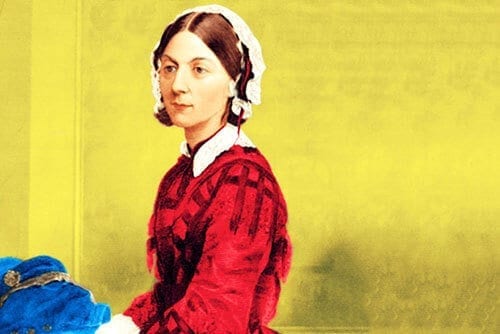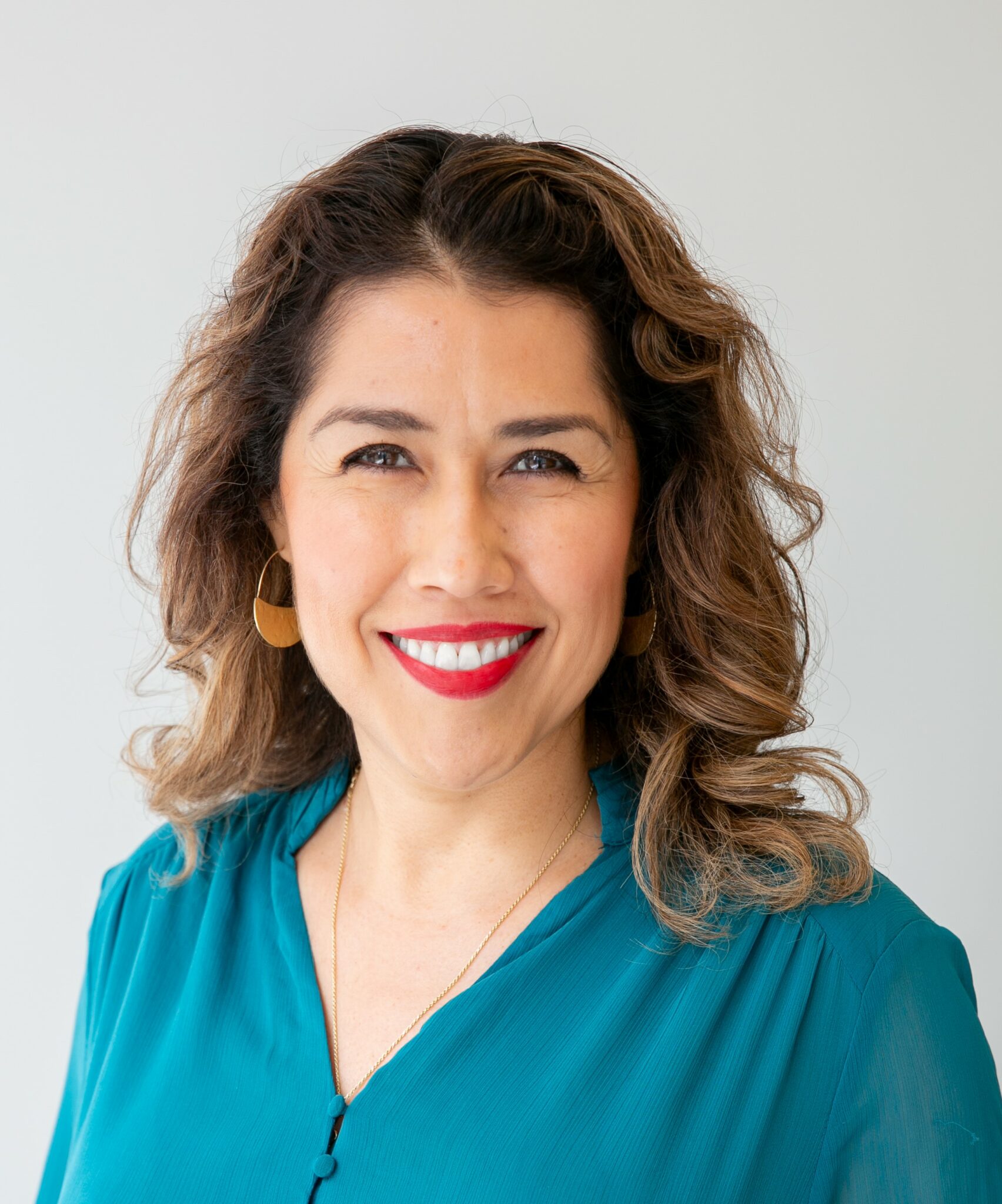Florence Nightingale was born nearly two hundred years ago, and her nursing insights are still in use today. In addition to her contribution of “environmental nursing”, in which she drove significant hygienic reform in hospitals, Nightingale was ahead of her time in her connection of the mind and body. One of the founders of what’s known today as a holistic approach to medicine, Nightingale recognized the importance of caring for the whole person. She was one of the first in Western medicine to encourage a patient’s preventative and self-care.
These principles carry over today as Western healthcare increasingly incorporates a holistic viewpoint. More than ever before, doctors acknowledge that preventative care is paramount. The importance of exercise, nutrition, and even stress-busting practices like yoga, meditation, and massage is now a mainstream concept. Holistic nursing brings this awareness to the next level.
Perhaps the American Holistic Nurses Association describes it best, “A holistic nurse is a legally licensed nurse who takes a holistic (mind-body-spirit-emotion) approach to the practice of traditional nursing. Holistic nursing is based on a body of knowledge, evidence-based research, sophisticated skill sets, defined standards of practice, and a philosophy of living and being that is grounded in caring, relationship, and interconnectedness.”
Today, the practice of holistic nursing is recognized by the American Nurses Association as a nursing specialty with a defined scope and standards of practice. A distinct specialty in nursing at the bachelor’s and master’s levels, holistic nurses are licensed RNs with extra tools on their belts. In addition to traditional Western nursing training, a holistic nurse may be educated in areas of Eastern massage, known as Asian Bodywork, Chinese herbology, acupoints (the points used in the ancient practice of acupuncture), and nutrition.
The Growing Demand for Holistic Nursing in Healthcare
There’s been an increase in demand in alternative medicine and complementary care in recent years, paving the way for holistic nurses to thrive in the workforce. According to a recent survey by the American Hospital Association and the Samueli Institute, a nonprofit research group focusing on complementary medicine, 42 percent of the 714 hospitals that responded offered at least one such therapy in 2010, a significant jump from just five years earlier, when 27 percent of hospitals offered such treatments.
Are you interested in becoming a holistic nursing professional?
Visit the links below to explore our holistic nursing programs:
Career Opportunities and Specializations in Holistic Nursing
Holistic nurses work in hospitals, universities, and private practices. Some holistic nurses specialize in one or more specific modalities, such as Asian Bodywork and massage. In addition to the Western care they provide patients, a nurse with an expertise in massage can soothe pain and give exceptional care to patients in chronic conditions. Holistic nurses are particularly welcome in hospice care, as they are able to provide complementary healthcare in addition to standard medication treatments.
As it becomes more prevalent in modern healthcare, integrative medicine is showing people a new path to health. Holistic nursing provides a new avenue for healers to make a difference.
Sources
American Holistic Nurses Association: http://www.ahna.org
American Hospital Association: http://www.aha.org/about/index.shtml
The Florence Nightingale Museum: http://www.florence-nightingale.co.uk
Featured Posts:

